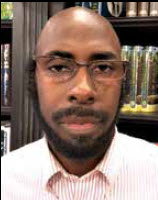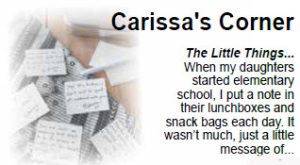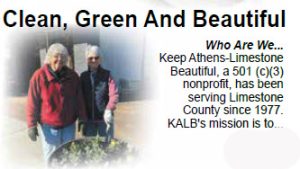We are now headed into the holiday season, which is often wrapped in glittering lights and cheerful gatherings, which can feel unbearably heavy for those carrying grief. While society may expect joy and celebration, many find themselves navigating memories, absences, and emotional dissonance. The empty chair at the table, the silence where laughter once echoed—these are not just metaphors but lived realities. Grief doesn’t pause for Christmas carols or New Year’s countdowns. It lingers, reshapes, and resurfaces, often in ways that defy calendar expectations.
There is no expiration date on sorrow. The idea that grief should follow a linear timeline—three months, six months, one year—is not only false but harmful. People grieve differently, and the depth of loss cannot be measured by time passed. Some may feel numb for years, others may cry daily, and still others may find themselves laughing one moment and aching the next. Healing is not a performance, and the pressure to “move on” often silences the very process that leads to genuine restoration.
Policing grief—whether through unsolicited advice, spiritual platitudes, or social expectations—invalidates the mourner’s experience. Telling someone to “be strong,” “look on the bright side,” or “get over it” may come from good intentions, but it often reinforces isolation. Grief is not weakness. It is love with nowhere to go. When we rush people through their mourning, we deny them the dignity of remembrance, the sacredness of lament, and the right to honor their loss in their own way.
Instead, we must create space for grief to breathe. That means allowing people to skip the party, cry during the hymn, or speak the name of the one who’s gone without fear of awkwardness. It means recognizing that grief may show up in traditions, in smells, in songs—and that’s okay. To grieve is to remember, and to remember is to love. This holiday season, let us resist the urge to fix, and instead offer presence, patience, and permission—for grief to be what it is, for as long as it needs to be.
By: Eric Betts
Learning As A Lifestyle
Assistant Director, Curtis Coleman Center for Religion Leadership and Culture at Athens State University








